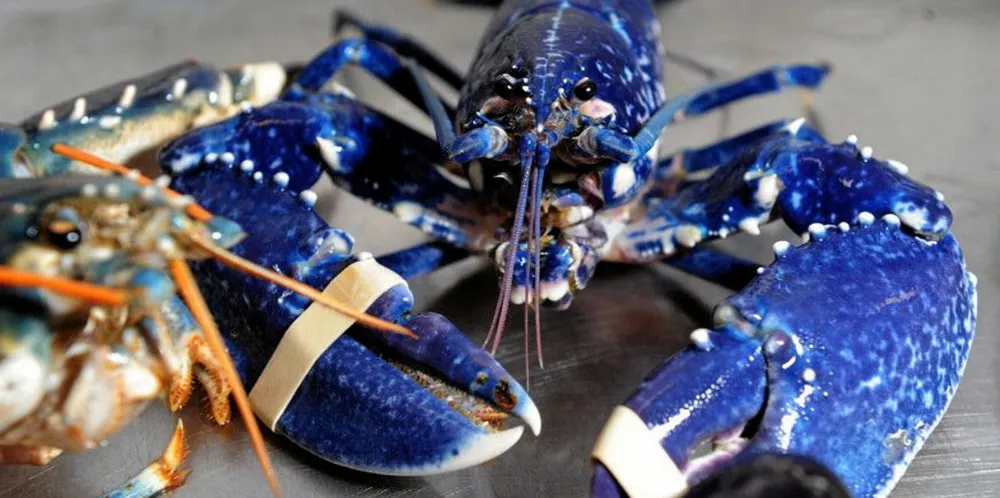Brexit drives UK lobster supplier closure
Get the latest reaction and updates affecting the seafood processing and fisheries sectors for which Brexit has major implications.

Get the latest reaction and updates affecting the seafood processing and fisheries sectors for which Brexit has major implications.
